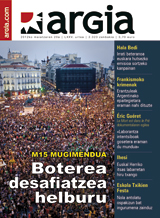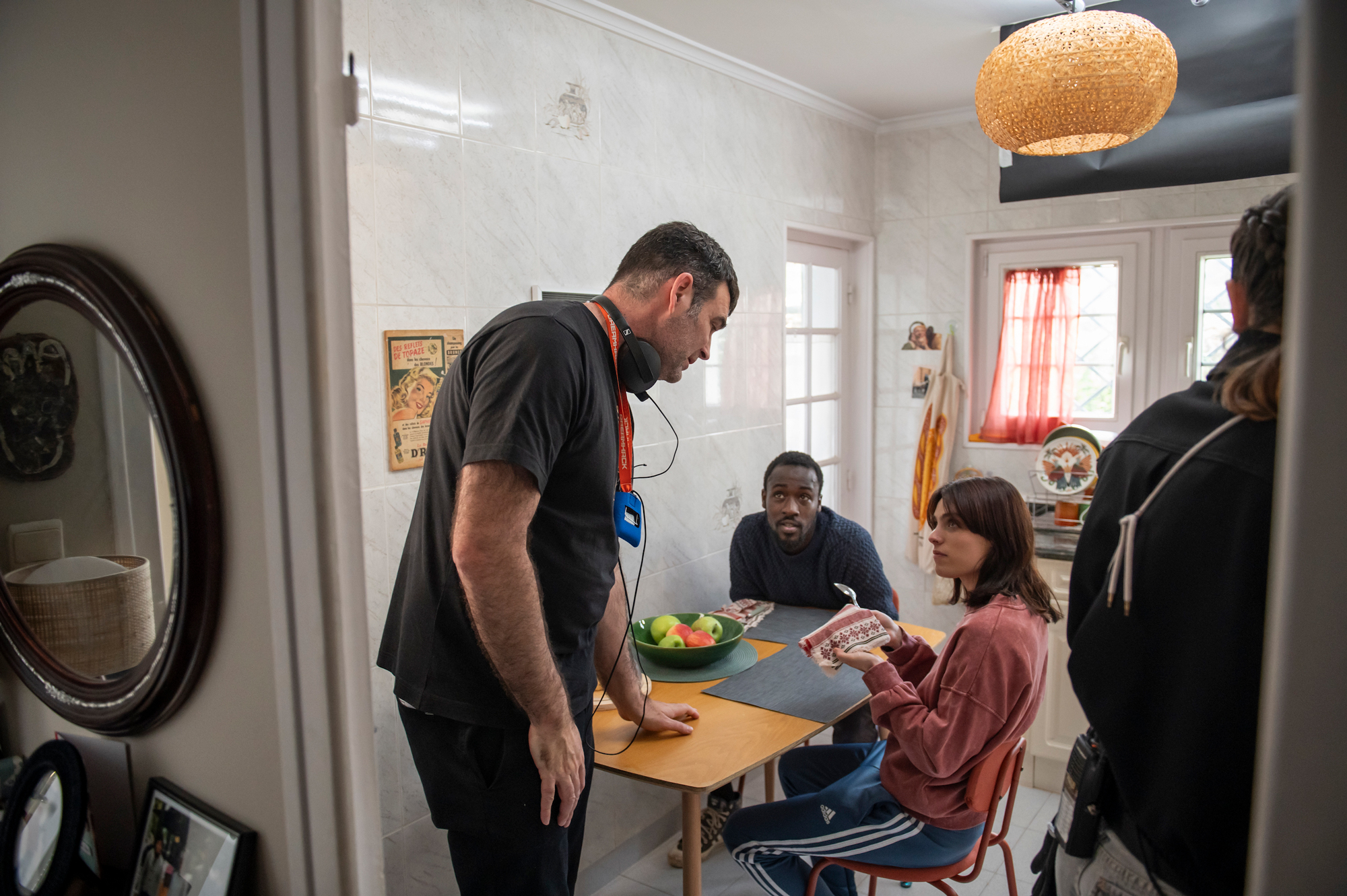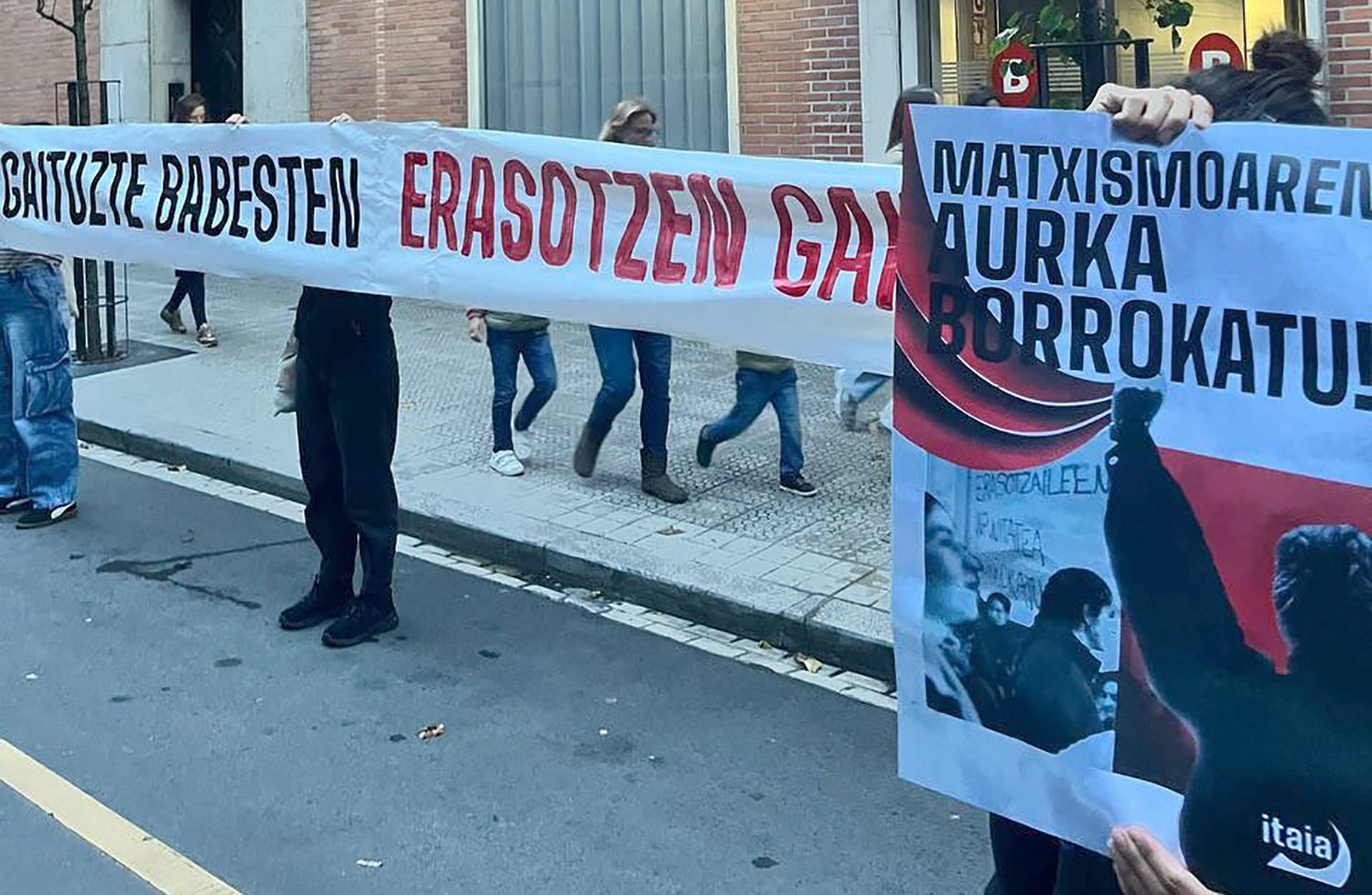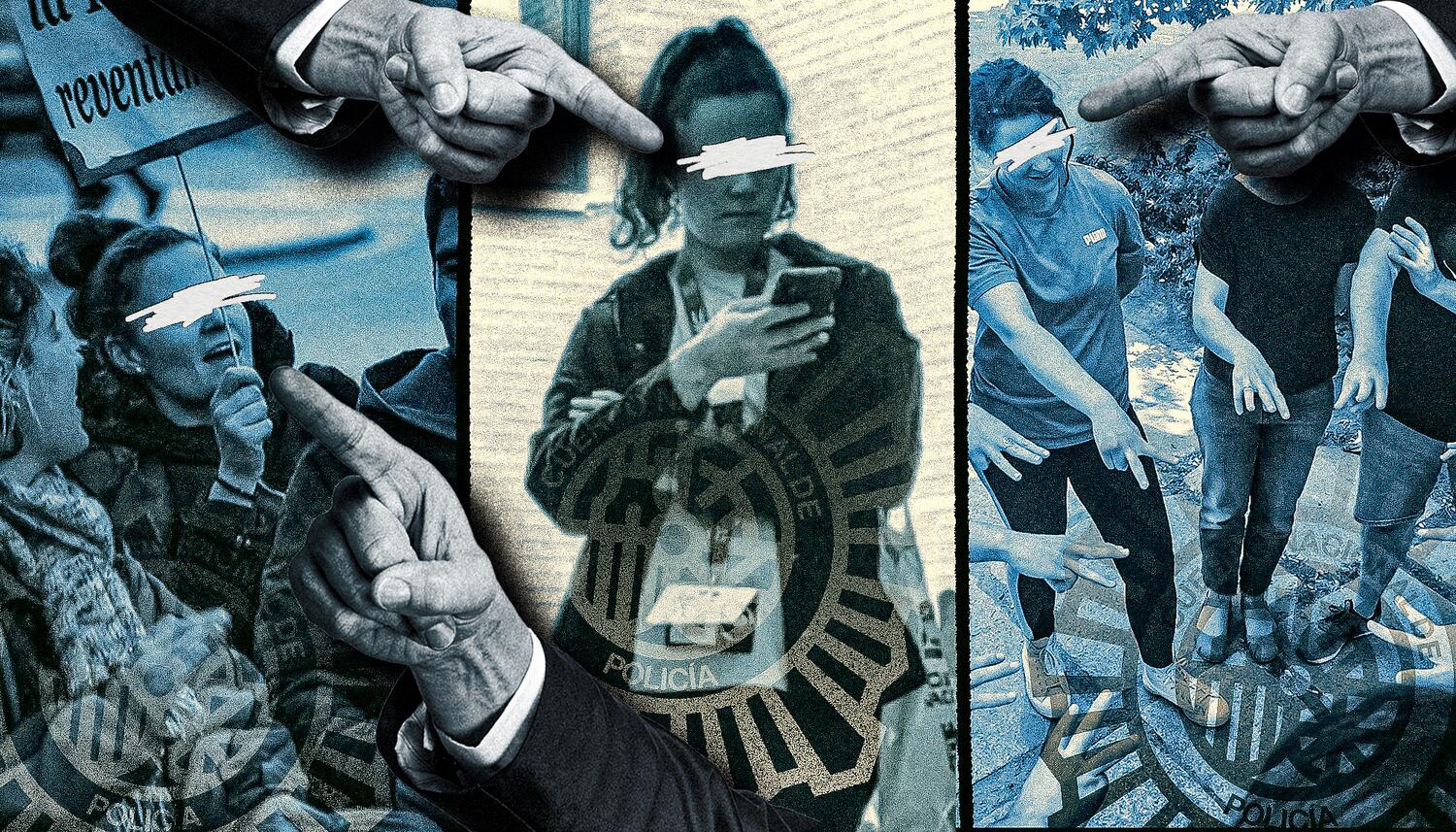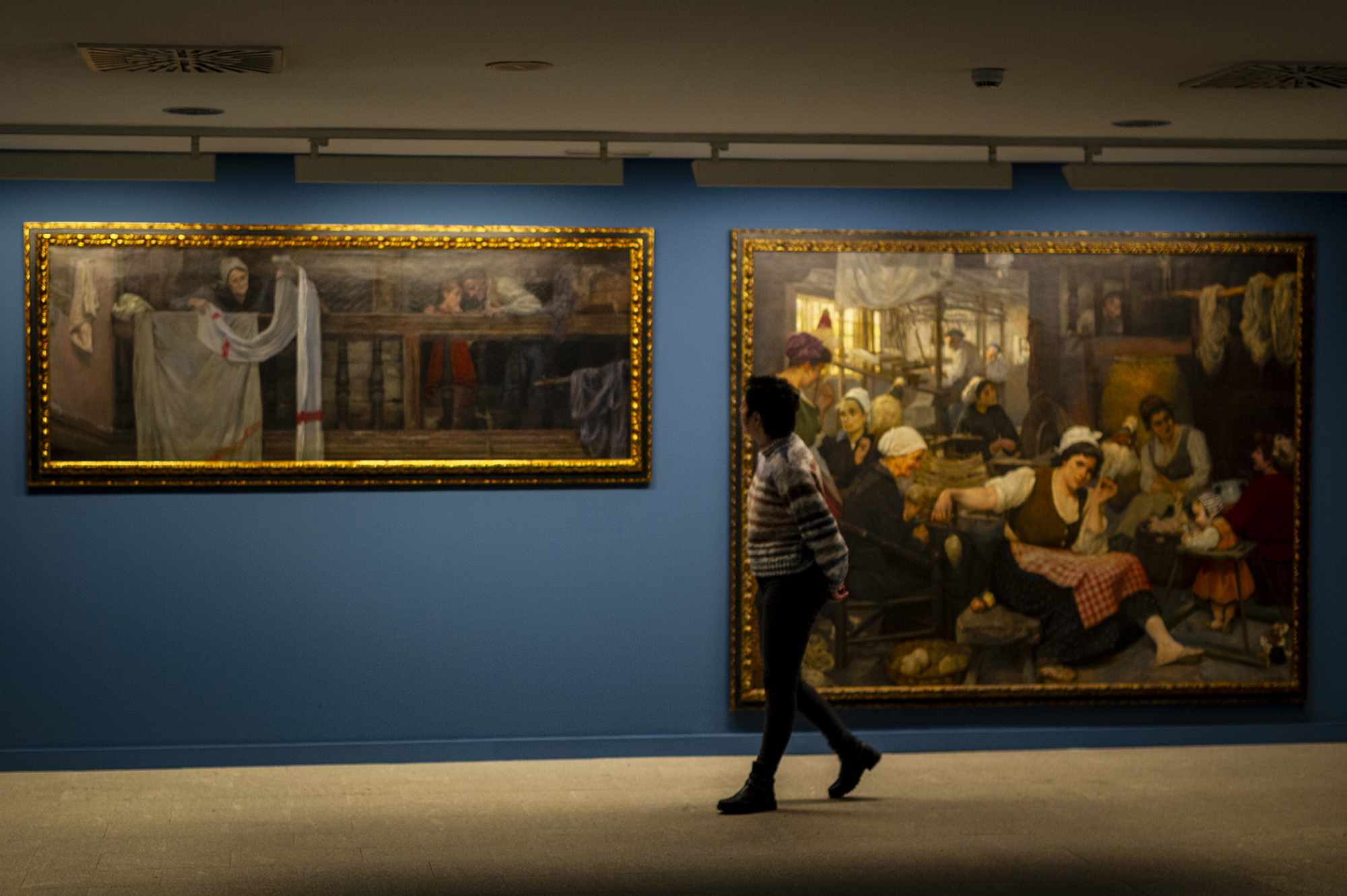“Secular losses remain the same”
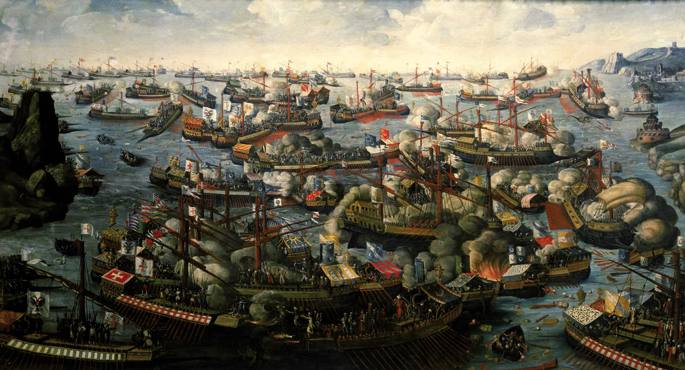
Hazparne (Lapurdi), 1815. Martin Larralde was sentenced to the Galeras of Bordaxuri for allegedly shooting his father. Three years later, serving his sentence, he wrote Galeriano's song, which would later be known by Pantxoa eta Peio. He died three years later. This is what the first stanza says:
She sings without joy, for
I have no profit or sadness, and
without having stolen a thousand, without killing a man,
they are the most pernicious losses.
The punishment of the Galeras was not new. In ancient times, the use of rowing slaves and convicted prisoners was common in Greece and Rome. And if Bordaxuri shared his feelings, detailed information about the Galerians from 1624 to 1748 was collected in the archive of the Cartagena (Murcia) arsenal. The 25-volume General Books of the Galeras have recently been restored, which has enabled us to learn many details about the cruel condemnation.
They were always tied with a spike and there they slept, ate and all the other needs. In the naval battles they would not be released, so if the loss sank, the Galerians would embark with it at the bottom of the sea.
They were barefoot and wearing their hair completely ripped in such a way that they could easily be recognized if they fled, thus avoiding their lice. Every day they gave them a hard piece of cooked bread -- they called it biscuits, with great optimism -- a little bit of jofain and water to survive.
In the event of being charged with murder, the losses could have passed for several years, but sexual crimes, or what was then considered a crime, were punished more harshly. Gypsy Francisco Giménez was sentenced to eight years in prison for murder, while Juan de Morales was sentenced to 200 lashes and 10 years in prison for nefating sin, a crime of homosexuality murder.









